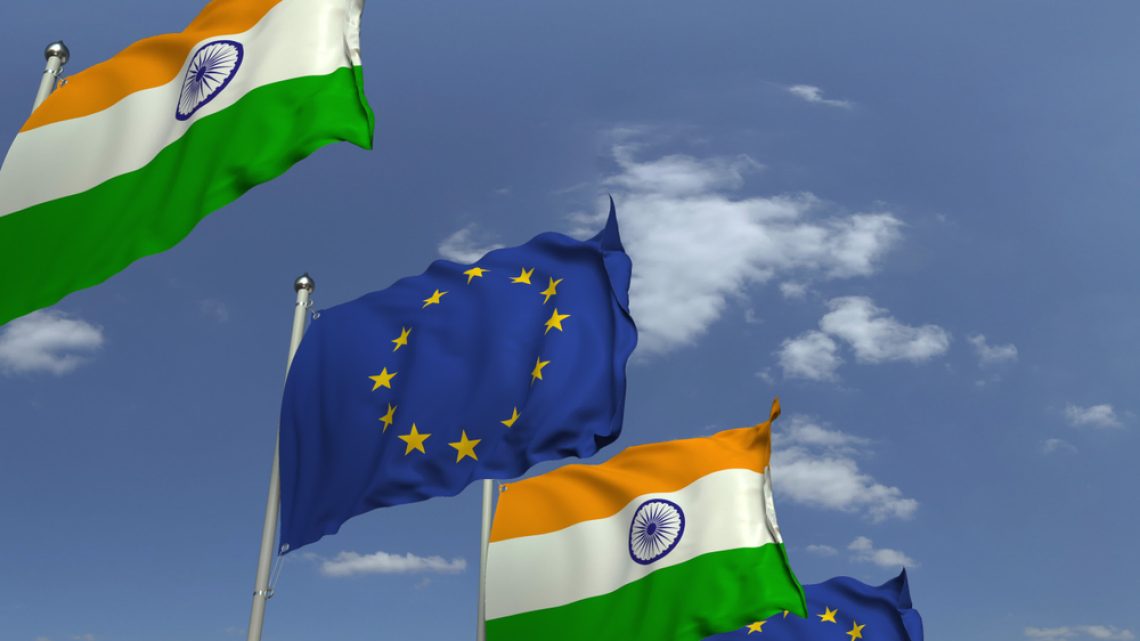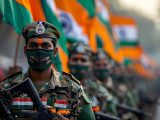
India Drifts Westward: A Growing Unreliability as Russia’s Strategic Partner
November 14, 2024In 2016, India purchased 36 Rafale fighter jets from France, favoring Western technology over Russia’s Sukhoi or MiG jets.
India’s foreign policy is witnessing a significant shift as it increasingly aligns with Western nations, notably the U.S., while reducing its dependency on Russia—a historic ally. This transition reflects India’s balancing act between longstanding partnerships and emerging strategic priorities, particularly in defense, economic ties, and geopolitical alliances.
In recent years, India’s defense acquisitions illustrate this shift. In 2016, India opted to purchase 36 Rafale fighter jets from France, favoring Western technology over Russia’s Sukhoi or MiG jets. India has continued along this trajectory by strengthening its defense relationship with the U.S., acquiring Apache and Chinook helicopters, P-8I maritime surveillance aircraft, and now the advanced MQ-9 Reaper drones. These purchases signal India’s pivot towards Western defense systems and a gradual disengagement from Russian technology.
India has formalized its military ties with the U.S. through agreements like the Communications Compatibility and Security Agreement (COMCASA) and the Basic Exchange and Cooperation Agreement (BECA). These agreements enhance military interoperability and intelligence sharing, deepening India’s military relationship with the U.S. while indirectly distancing it from Russia. India’s participation in the Quadrilateral Security Dialogue (QUAD) with the U.S., Japan, and Australia also reflects its shift towards Western interests, focusing on regional security and countering China’s influence in the Indo-Pacific—a priority that does not align with Russian strategic goals.
In terms of economic ties, India’s trade with the U.S. reached $77.52 billion in 2024, up from $40.77 billion in 2023, surpassing its trade volume with Russia, which stood at $61.4 billion. This growing economic connection with the West signals India’s gradual drift from Russia, despite avoiding direct sanctions on Moscow. India has continued purchasing discounted Russian oil but has simultaneously increased its trade engagements with Western economies, underscoring its pragmatic approach.
Cybersecurity and information warfare represent other areas where India’s alignment with the West stands at odds with Russian interests. India has boosted its cybersecurity alliances and cyber capabilities, wary of Russia’s involvement in cyber operations and disinformation campaigns. India’s growing cybersecurity collaborations with Western countries reflect its cautious stance on Russia’s global cyber influence, particularly due to Russia’s alliances with China, which India views as a regional threat.
India’s policy realignment illustrates its evolving global strategy, shifting from Russia’s orbit towards a diverse network of alliances. While it values Russia as a key supplier of defense and energy resources, India is clearly adapting to new global realities, prioritizing its own security and economic interests, even if that means distancing from traditional partnerships.
4o

